
Politics
13:24, 12-Mar-2018
Will China's supervision law contradict Organic Law of People's Procuratorates?
CGTN
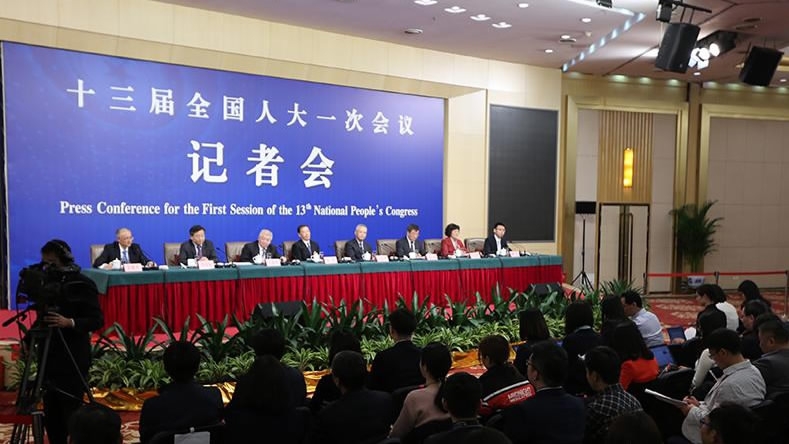
Deepening the reform of the supervisory system is a major political reform involving power and personnel adjustment, noted Wang Shengming, vice-chairman of the Internal and Judicial Affairs Committee of China's National People's Congress (NPC).
Wang made the remarks on Monday during a press conference on the legislative work of the NPC, the country's top legislature.
After lawmakers at the ongoing NPC session pass the supervision law, the Standing Committee of the NPC will continue to deliberate the draft amendments to the Organic Law of the People's Procuratorates, and revise related laws including the Criminal Procedure Law. This will provide further legal guarantee to the supervisory commissions, enable the people's procuratorates to perform their duties and create harmony among laws, Wang explained.
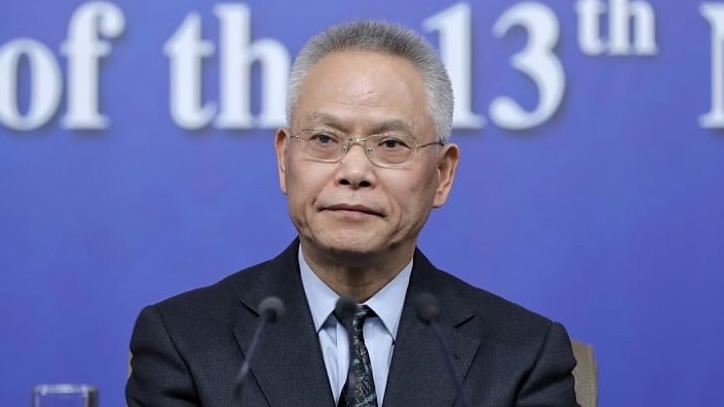
China has listed the national supervisory commission as a state organ in its Constitution and the commission is expected to be formed at the ongoing NPC session in Beijing.
Since the end of October 2017, supervision commissions have been set up by the People's Congress at the provincial, city and county levels across the country, with three major duties: supervision, investigation and punishment.
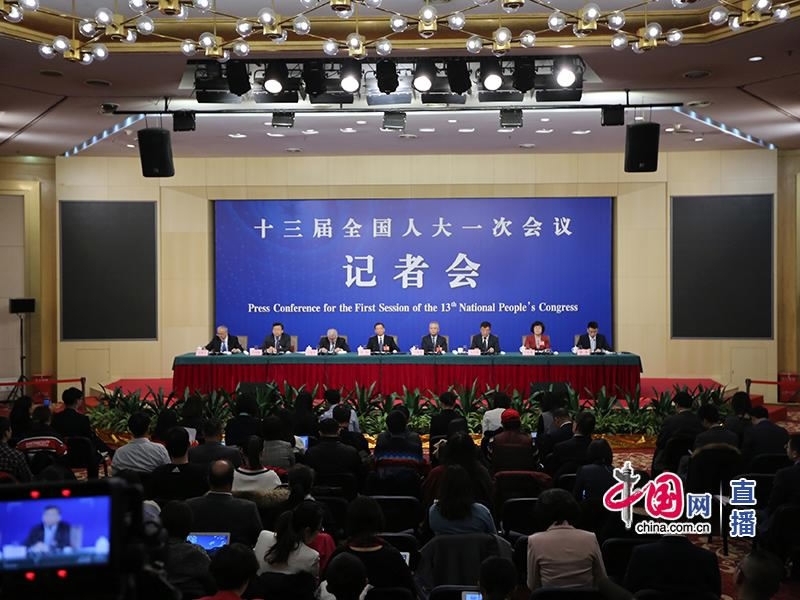
The NPC holds a press conference on the legislative work in Beijing, March 12, 2018. /Photo via China.com
The NPC holds a press conference on the legislative work in Beijing, March 12, 2018. /Photo via China.com
Legislative work in past five years
The 12th NPC and its Standing Committee have enacted 25 laws until the end of February, bringing the number of effective laws in the country to 263, Xu Anbiao, vice-chairmen of the Legislative Affairs Commission of the NPC Standing Committee said, emphasizing that the country's legal system has further improved over the past five years.
A number of important legislative items were promulgated in various fields including economy, politics, culture, society and ecology, Xu said.
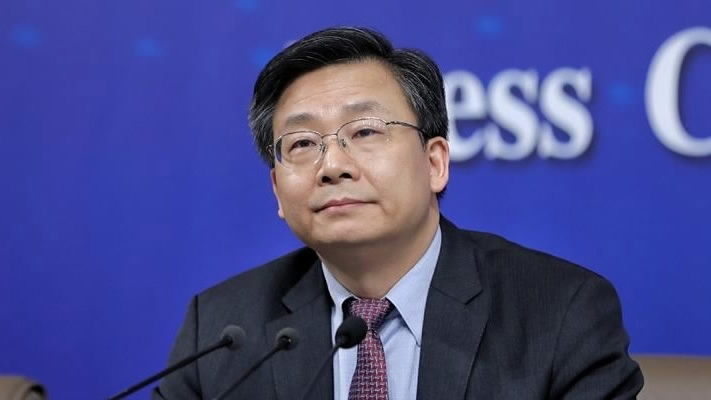
In March 2015, China revised its Legislative Law, further paving the way for legal reform, Xu noted, adding that China has expanded legislative power to 274 cities, giving local legislature more power to make their own laws.
The NPC has fully played its role in legislation, while the system of soliciting opinions has also been improved, Xu noted, adding that 81 draft laws have been made public to gather opinions.
Civil Law progress
Wang Chaoying, deputy head of the NPC Standing Committee's Legislative Affairs Commission, said a two-step approach has been designed to develop the country's Civil Law, when introducing the progress of China's civil code.
The first step has been completed as the NPC adopted the general provisions of the Civil Law last March, which was put into force in October last year. Based on a 1986 version, the document lays down the basic principles regulating civil activities.
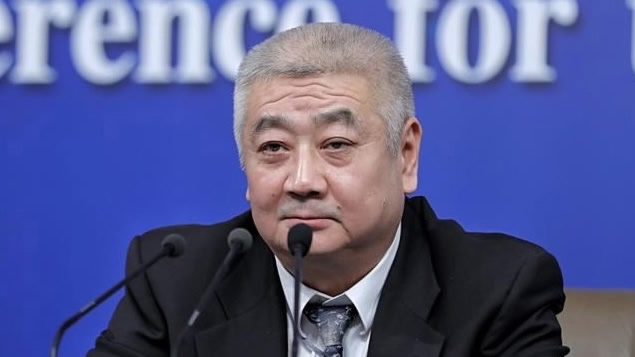
The Civil Law will be compiled in volumes that deal with property, contracts, torts, marriage and inheritance, Wang said.
The compiled work will be submitted to the NPC Standing Committee in stages during the second half of 2018 for deliberation, Wang announced, and the civil code will be fully enacted in 2020.

SITEMAP
Copyright © 2018 CGTN. Beijing ICP prepared NO.16065310-3
Copyright © 2018 CGTN. Beijing ICP prepared NO.16065310-3